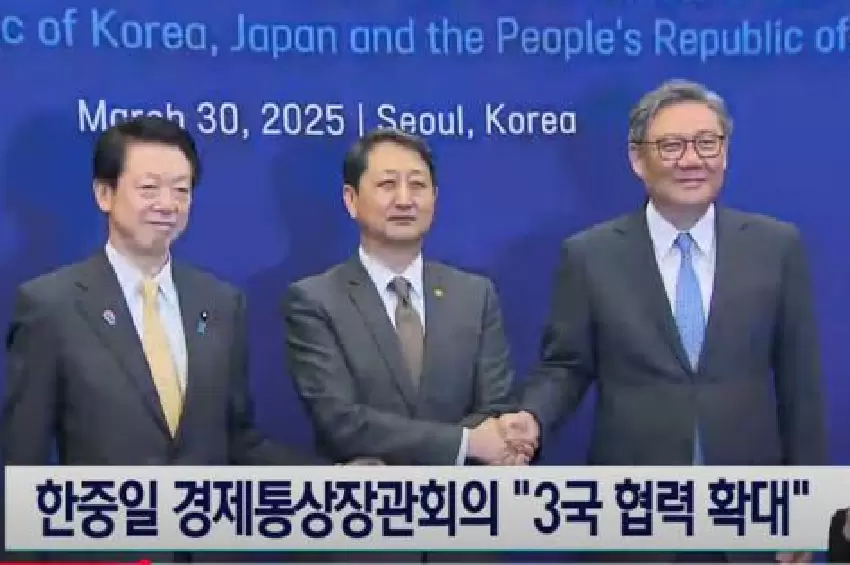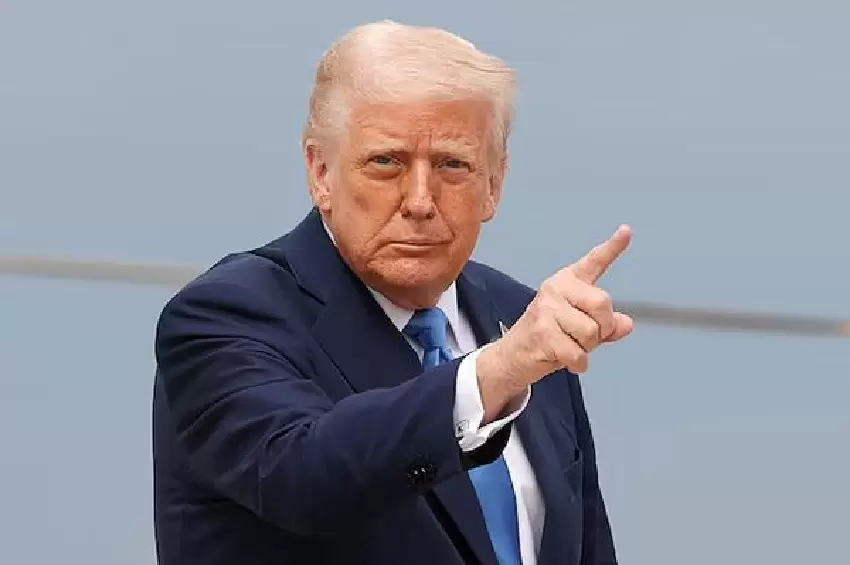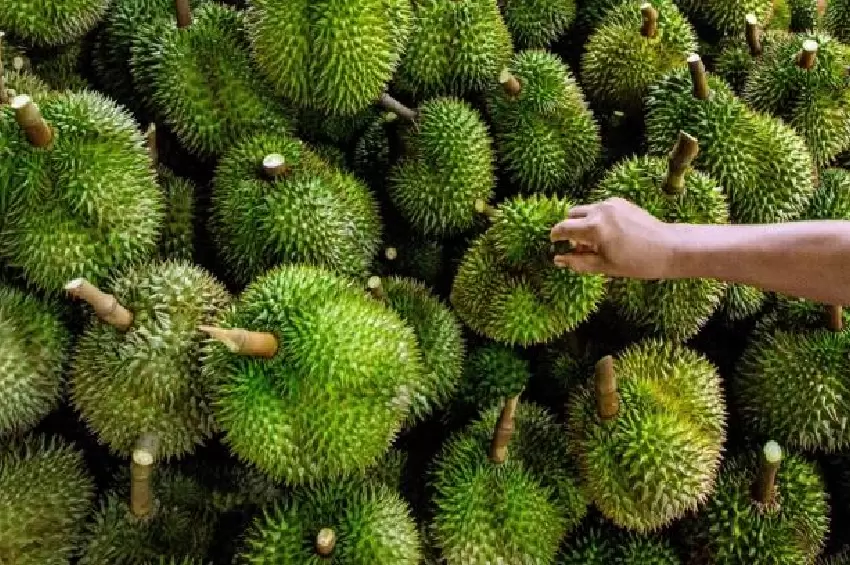U.S. Treasury Secretary Hints at New Tariff Adjustments
In a recent interview with Fox News on March 18, U.S. Treasury Secretary Scott Bessent revealed that the U.S. government is set to announce new tariff rates for various countries on April 2. This announcement could see South Korea being included in a controversial list known as the 'Dirty 15', a group of countries identified for their high non-tariff barriers and restrictive trade practices.

Bessent explained that the decision on tariffs would consider multiple factors including a country's tariff rates, non-tariff barriers, currency manipulation, unfair financial practices, and labor suppression. He also expressed optimism about potential negotiations that could prevent the implementation of tariffs, indicating a possible softening of the U.S. stance on trade negotiations.
Concerns Over South Korea's Trade Practices
South Korea's significant trade surplus with the U.S., amounting to $65.8 billion last year, has raised concerns among U.S. officials. The U.S. Trade Representative has specifically criticized South Korea's sanitary and phytosanitary measures on agricultural products, suggesting that there is 'a lot to fix'. Additionally, the White House National Economic Council Chairman and President Donald Trump have both pointed out the persistent U.S. trade deficit with South Korea, with Trump citing incorrect statistics about South Korea's average tariff rate.
Potential Impact on South Korea's Semiconductor Industry
Amidst these trade tensions, South Korea's semiconductor industry faces potential challenges. U.S. Commerce Secretary Howard Lutnick mentioned efforts to incorporate indirect export controls into trade agreements to prevent China from accessing U.S. semiconductors. This could significantly impact South Korean tech giants like Samsung Electronics and SK hynix, which rely on U.S.-made equipment and software for their advanced semiconductor production in China.









Comments